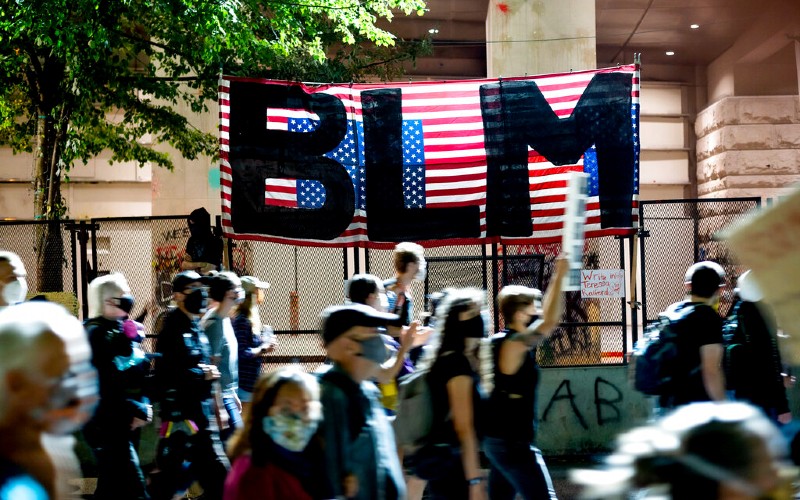Most observers would agree it's been tough for the largest Protestant denomination in the U.S. over the last two to three years. During that period the SBC was forced to reckon with allegations that its leadership covered up sexual abuse for two decades; there were sharp political disagreements within the denomination; its governmental policy arm was investigated and lost its chair; and it can't seem to atone for its racist past – at least according to critics.
Southern Baptist theologian Dr. Alex McFarland contends there's not as much talking going on as there should be. "I hope I'm wrong," he begins, "[but] to me the SBC of 2021-2022 seems very fragmented and everybody's in their own silo.

"I don't see a lot of unity. I do see some cronyism and camps and tribes," he adds.
That disunity was evident when, at its annual gathering in June 2019, the SBC passed a resolution endorsing Critical Race Theory and Intersectionality (CRT/I) as tools to help work through racial issues – despite, McFarland says, the Marxist roots of those theories.
"The Church doesn't need to be jumping on bandwagons or following philosophical trends du jour [like] critical race theory [and] wokeness," he tells AFN. "The Church needs to preach an uncompromising gospel of Jesus Christ."
But McFarland argues there are far more positive things going unnoticed than are going wrong. "The real ministry of the SBC doesn't come out of the hierarchy of Nashville," he states. "[It] comes from the godly, servant people of local congregations throughout America."
On most days of the week, he adds, there's a "great understanding" within the SBC of the Great Commission outlined in Matthew 28.







